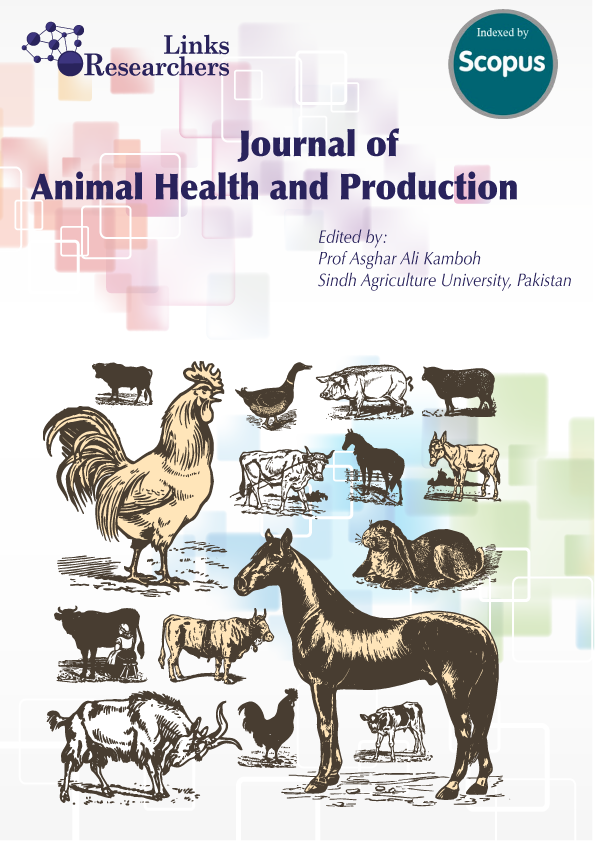Investigating the Impact of Supplementation with Urea Molasses Multi-Nutrient Block (UMMB) Containing Organic Adhesives on the Performance, Milk Quality and Blood Metabolic Profile of Holstein Friesian Cows
Investigating the Impact of Supplementation with Urea Molasses Multi-Nutrient Block (UMMB) Containing Organic Adhesives on the Performance, Milk Quality and Blood Metabolic Profile of Holstein Friesian Cows
R.F. Utamy1*, A. Ako1, H. Hasbi1, Z. Ramadan2, R. Mufliha2, A. Mutfaidah2, A. F. Nurbina2, I. D. A. Mahayani3, A. A. R. Hakim2,4
ABSTRACT
To share on other social networks, click on any share button. What are these?






